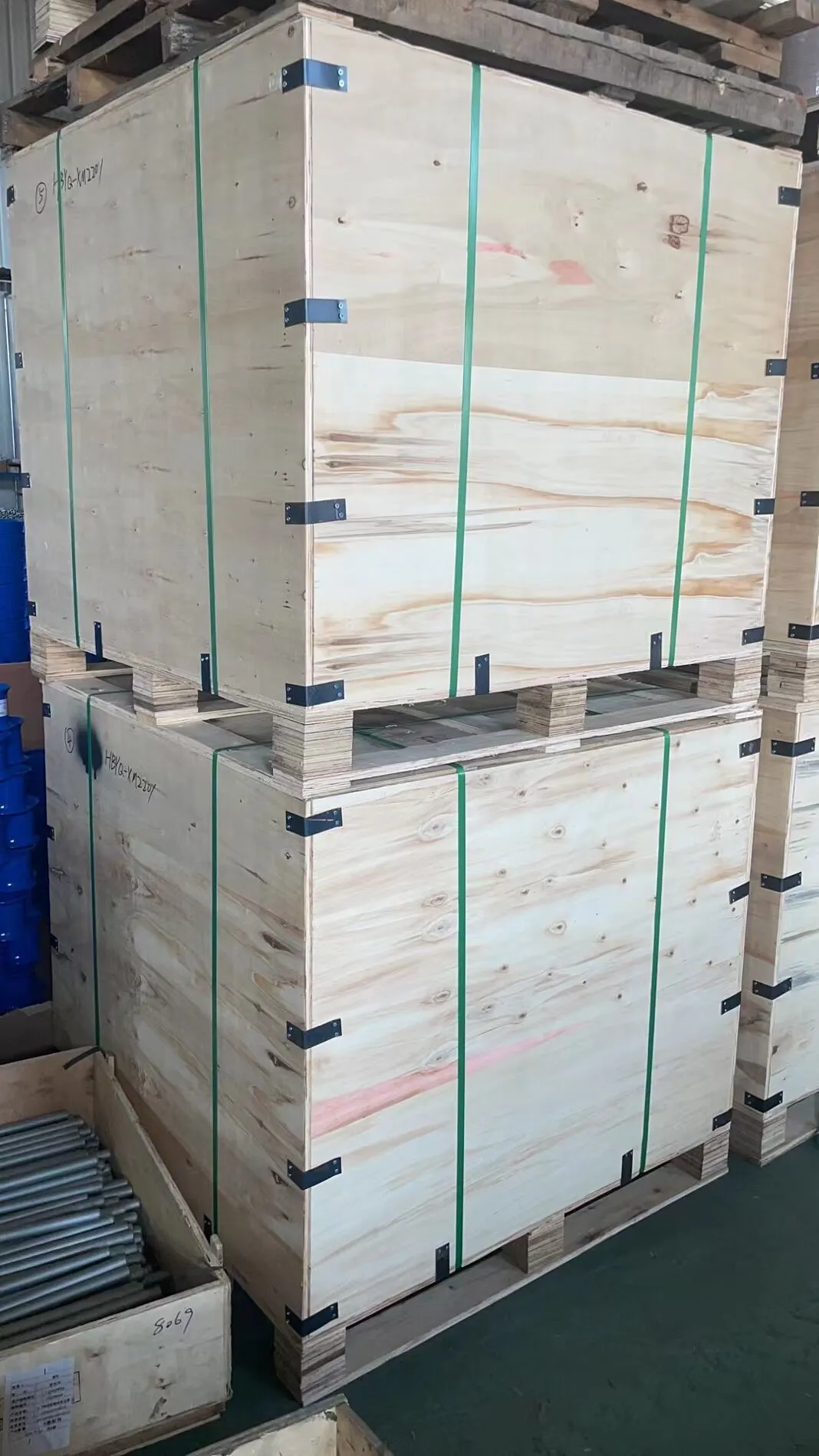spring loaded air release valve
Understanding Spring Loaded Air Release Valves
Spring loaded air release valves play a crucial role in various industrial applications, providing a reliable means of releasing trapped air or gas from pipelines and systems. These valves are particularly important in systems where pressure fluctuations can lead to inefficiencies or even hazards. This article explores the features, functions, and benefits of spring loaded air release valves, highlighting why they are essential components in many engineering applications.
What is a Spring Loaded Air Release Valve?
A spring loaded air release valve is a type of valve that utilizes a spring mechanism to control the release of air or gas from a system. The fundamental function of this valve is to ensure that any accumulated air is expelled, preventing air pockets that can disrupt fluid dynamics. This type of valve typically consists of a valve body, a valve seat, a spring, and a float mechanism. The design allows it to open automatically when pressure reaches a certain level, thus allowing trapped air to escape.
Functionality
In a closed piping system, air can accumulate at high points, leading to inefficient operation and potential damage. When the pressure inside the pipeline exceeds the predetermined threshold, the spring compresses, causing the valve to lift off its seat and release the trapped air. Once the pressure decreases to a safe level, the spring returns the valve to its closed position, preventing any backflow. This automatic operation ensures continuous efficiency without the need for manual intervention.
spring loaded air release valve

Applications
Spring loaded air release valves are commonly used in various fields, including water distribution systems, wastewater management, and industrial processes. For instance, in sewage systems, these valves play a significant role in maintaining proper flow and preventing blockages caused by air pockets. In water supply networks, they help to maintain consistent pressure levels, improving the overall efficiency of the distribution system.
Benefits
The advantages of using spring loaded air release valves are numerous. Firstly, they enhance system efficiency by preventing air entrapment, which can reduce flow rates and lead to increased energy consumption. Secondly, by facilitating the safe release of air, they help in reducing the risk of pressure-related incidents, such as pipe bursts or system failures. Moreover, these valves require minimal maintenance due to their robust construction and reliable operation, making them a cost-effective solution for many industries.
Conclusion
In conclusion, spring loaded air release valves are indispensable components in designing and maintaining efficient fluid systems. They provide automatic air release, ensuring that systems operate smoothly and effectively. By incorporating these valves into pipeline systems, industries can enhance safety, efficiency, and longevity, ultimately leading to improved operational performance. As industries continue to seek innovative solutions to enhance system reliability and efficiency, the importance of reliable components like spring loaded air release valves cannot be overstated. Whether in water treatment facilities, municipal pipelines, or industrial applications, these valves are fundamental to achieving optimal performance.
-
The Smarter Choice for Pedestrian AreasNewsJun.30,2025
-
The Gold Standard in Round Drain CoversNewsJun.30,2025
-
The Gold Standard in Manhole Cover SystemsNewsJun.30,2025
-
Superior Drainage Solutions with Premium Gully GratesNewsJun.30,2025
-
Superior Drainage Solutions for Global InfrastructureNewsJun.30,2025
-
Square Manhole Solutions for Modern InfrastructureNewsJun.30,2025
-
Premium Manhole Covers for Modern InfrastructureNewsJun.30,2025
